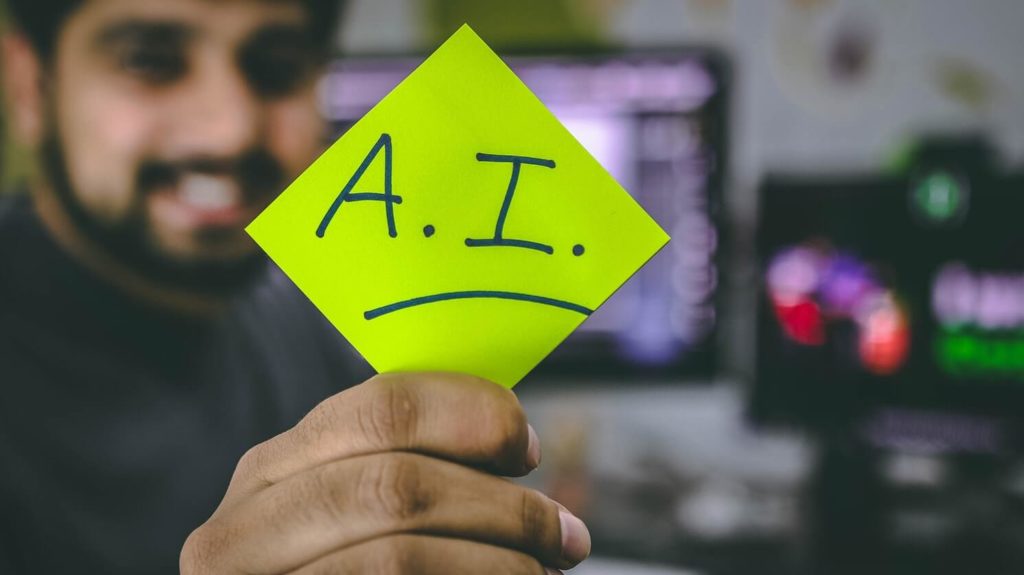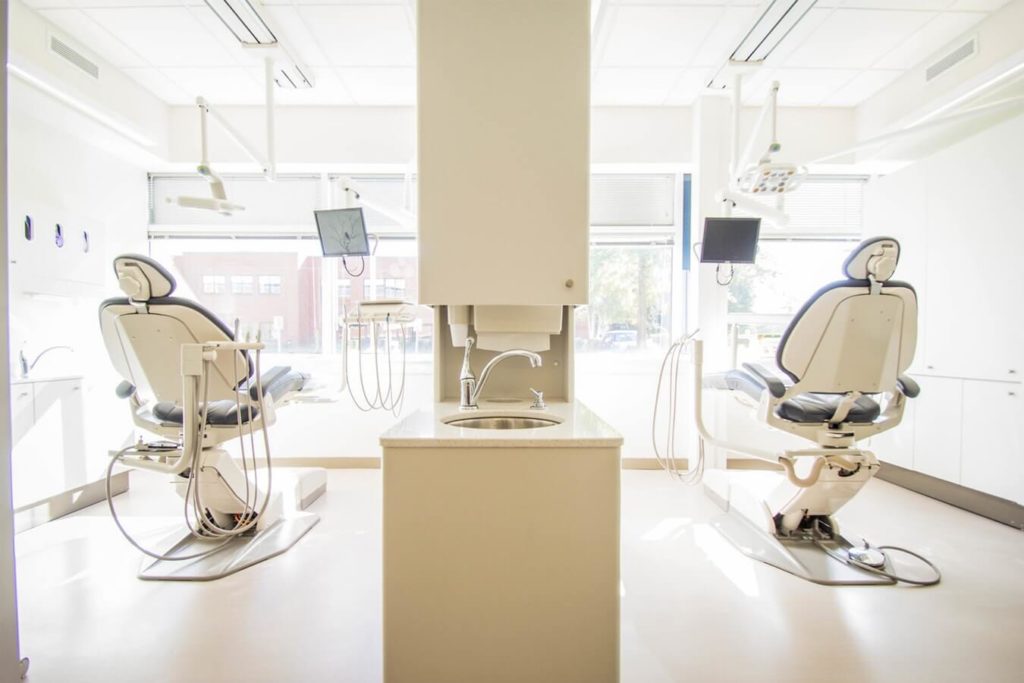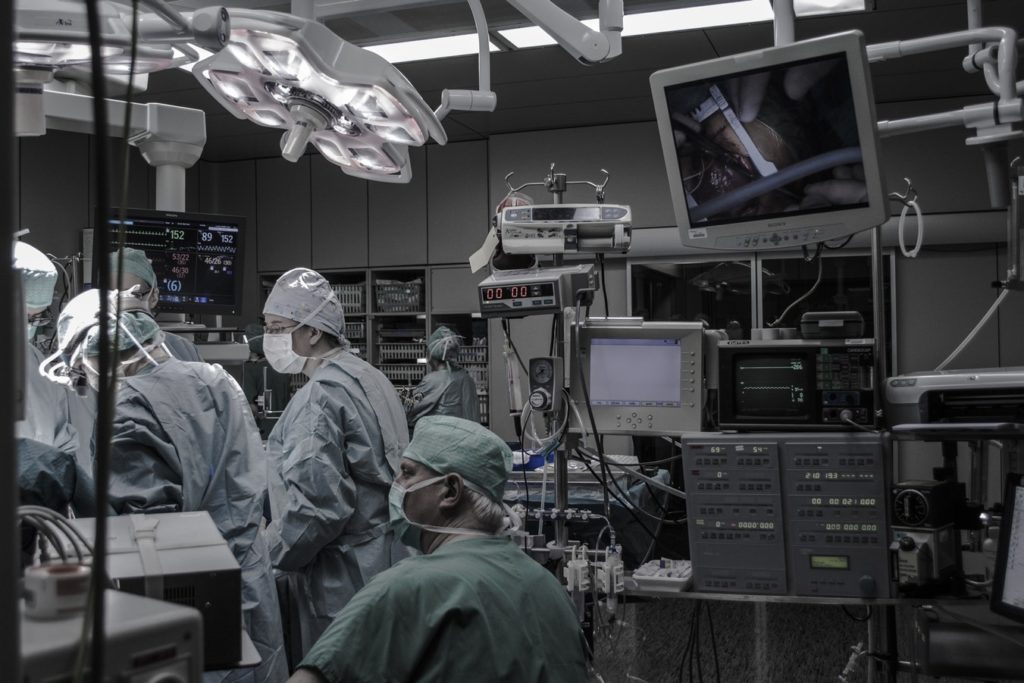Healthcare is one of the major and crucial sectors we are dealing with. Medical and healthcare consume a lot of resource and money. In many cases due to misdiagnosis, additional and unnecessary tests needs to be performed which causes delay in the treatment. Artificial intelligence applications are mitigating the misdiagnosis of patients and accelerating the treatment procedures.
Artificial intelligence and machine learning have a lot of scope in the medical sector. Various artificial intelligence companies are collaborating with the medical professionals to develop the algorithms that can change the current situation.
Here, we will discuss how advancements in AI will help in the medical field. For better understanding of the article, let us discuss some technical terms:
Artificial intelligence: Artificial intelligence is the branch of computer science that makes the machines more intelligent. Artificial intelligence machines can perform the tasks that would otherwise require human intelligence.
Machine Learning: Machine learning is the sub-branch of artificial intelligence. It deals with the training of machines by feeding them a huge amount of datasets. These machines or computer programs have the capability to learn from datasets and real time examples. They have reasoning, decision making, and problem-solving capabilities.
Deep Learning: Deep Learning is the sub-branch of machine learning. Deep learning is based on artificial neural networks (ANN) that are based on the human neural networks. The artificial neural network provides weight and biasing to the input data.
Let us now look at how artificial intelligence advancements are taking place in the medical field:

1. Medical Imaging Diagnostics
Machine learning algorithms and digital imaging have made computer vision to be one of the most remarkable technology. There are immense applications of computer vision in the medical field. Microsoft is working on its image diagnostics tool named ‘Inner Eye’ and the results are amazing. It is able to detect the patterns in diseases using 3D imaging and digital image processing. Deep learning neural network is going to become more and more powerful and accessible. However deep learning has a limitation that it cannot give valid explanations of how it reached a particular conclusion. This problem is amplified in healthcare because doctors cannot take decisions without understanding how machine arrived at that conclusion.
2. Improved Treatment
Medical diagnosis is a very complex process as it includes careful study of various patient vitals like body weight, retina colour, pulse rate and many more. However, the machines cannot diagnose it directly, but they can definitely help the doctors in better health diagnosis of patients. Machine learning and deep learning can learn from historical data and is able to suggest the right treatment for the patients on the basis of symptoms and reports. This can help doctors to diagnose and treat diseases like cancer in a better way as machines will provide a better insight of the disease.

3. Collecting and Analysing data
One thing is abundance in the medical field and that is data. Data mining applications helps in collecting and managing data in a better way. Various tools and mobile apps are collecting real-time data from the patients that results in better treatment. Moreover, data science and analytics also helps in the treatment of incurable diseases by correlating and finding patterns in data. Moreover, big data handling is impossible for humans. Machine learning and deep learning algorithms make sense out of big data that would be impossible for the humans.
4. Medicinal Research
Billions of dollars are spent every year in the medicinal research. Medical experts, doctors, physicians are continuously researching on new and effective drugs for diseases. This can take several years. Take an example of Ebola virus. The antidote of Ebola virus was made in several days with the help of data science algorithms. It would definitely take several years for humans to make that antidote. Imagine how much damage would have done by then. AI and machine learning algorithms speed up the process of drug research and has the capability of saving million of lives.
5. Patient Monitoring Systems
Machine Learning applications are helping the medical field by improving the monitoring systems. The medical monitoring equipment attached to the patient’s body monitors the fluctuations in various health parameters like heart rate, pulse rate, body temperature etc. The data is stored in the patient’s database. Digital image processing system is made intelligent enough to sense any abnormal fluctuations in the vitals of the patient. It then immediately informs the doctor concerned about medical condition over the mobile app. Moreover, the doctor also gets the daily reports of the patients that helps them to better understand the condition of the patient.

6. Robotic Surgery
Artificial intelligence and robotics have made it possible for the robots to perform complex and typical surgeries. ‘Da Vinci Robot’ is a perfect example that has the capability of carrying out some basic surgeries for now. Artificial intelligence research in robotics will make the robots more dexterous and efficient. The robotic surgery involves computer vision to calculate the distance between human’s body organ and its own extensions. Robots are more stable and controlled in carrying out surgeries than the human counterpart.
Conclusion: Most of the machines learning techniques are based on the identification of diseases and its diagnosis. AI and robotics innovations are helping in diagnosing the diseases at an early stage thereby improving the life expectancy rate. From cancer treatment to surgeries like heart, liver and eye, AI has completely changed the scenario of the medical diagnostics. Artificial intelligence as a service is assisting doctors and other medical practitioners in innumerable ways.
However, this is just a tip of the iceberg. There is much more to come in the upcoming future that would completely revolutionize the medical field.

